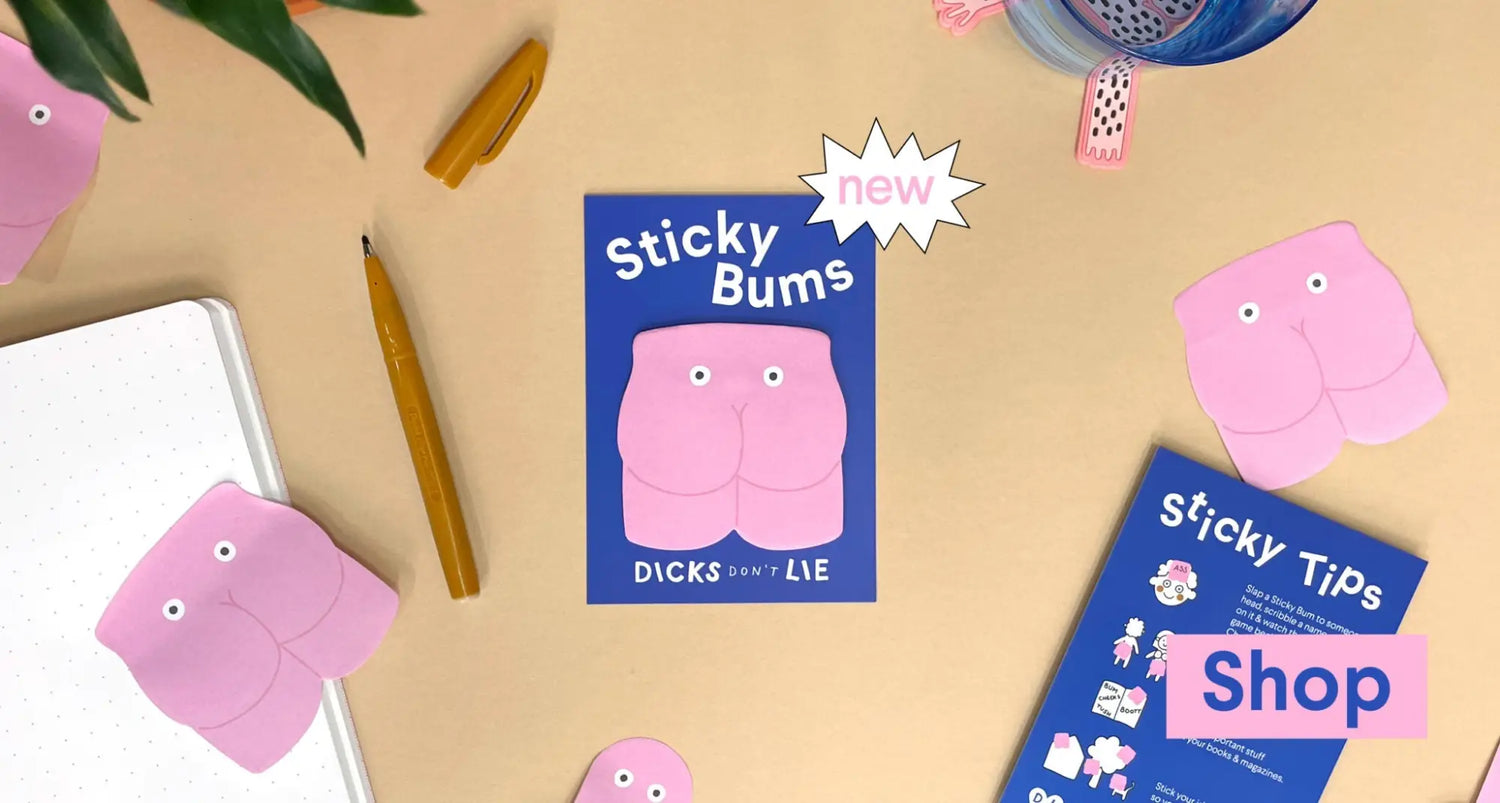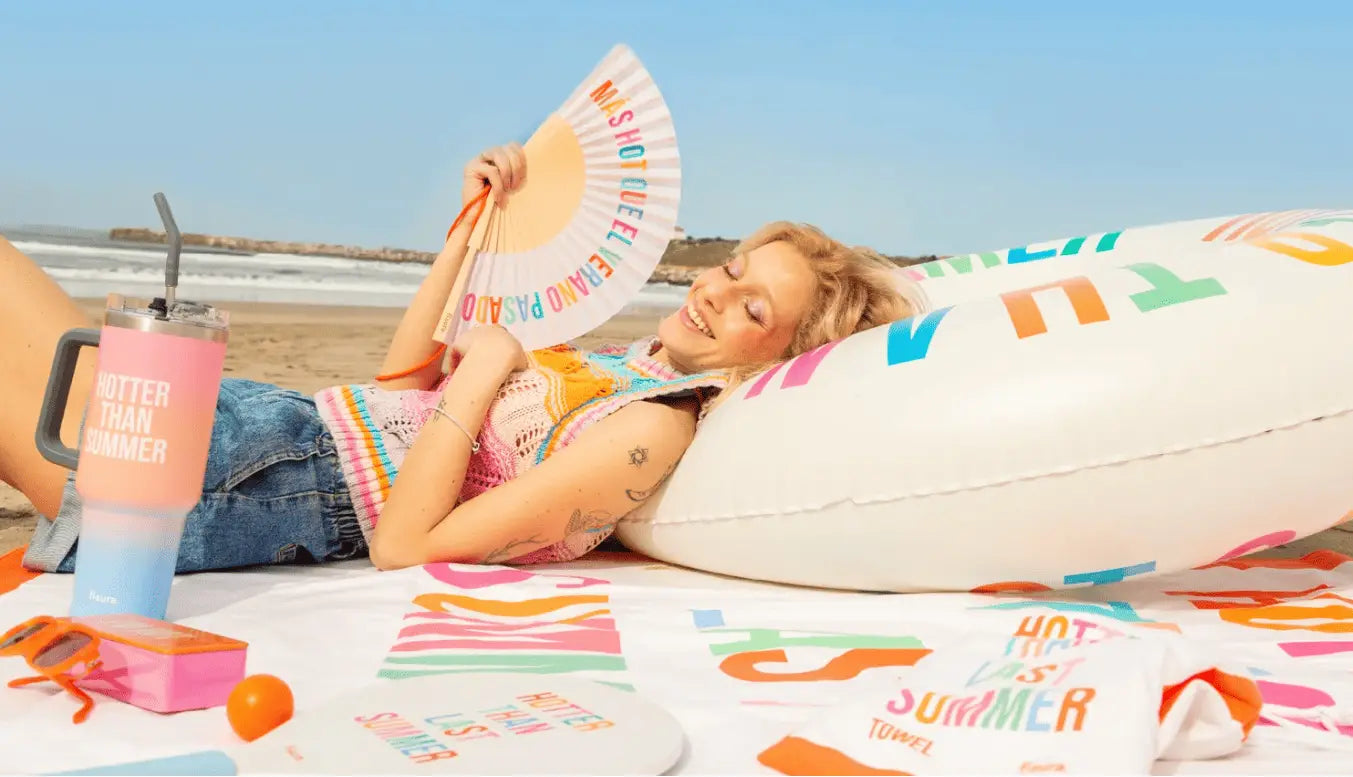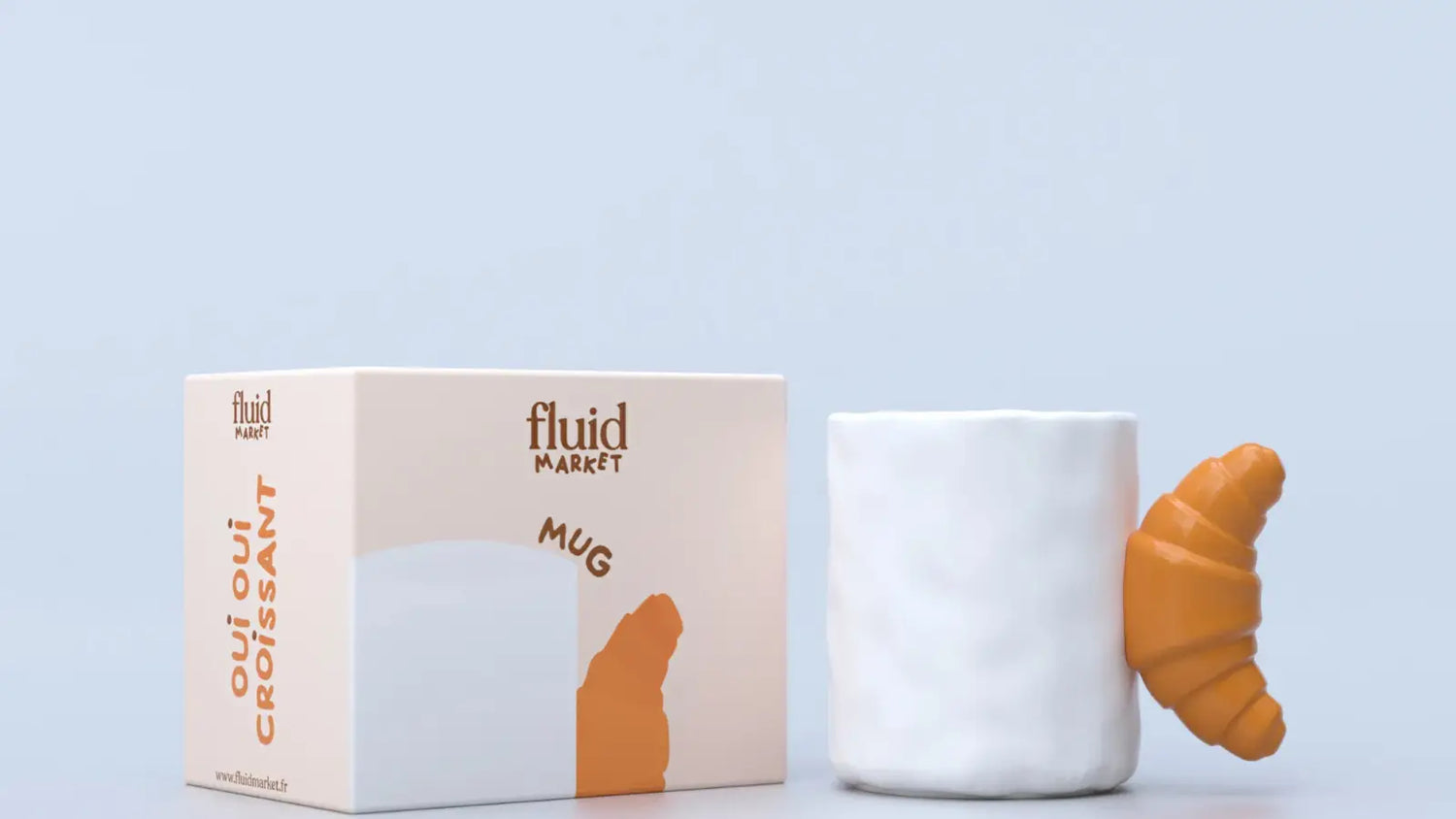What does concept store mean?
Why is the concept store a booming phenomenon?
A concept store is a type of retail space distinguished by its brand identity, layout, and unique product selection. Unlike a traditional store, it relies on immersive staging that aims to offer customers a new and engaging experience. This model, which fits into a thematic retail environment, meets a growing need for personalization and originality in retail.
This retail lifestyle has grown significantly in France and other countries, particularly thanks to the rise of digital and social media. These allow retail concepts to be promoted and attract a well-defined target audience. But beyond the visual aspect and design, understanding the concept store concept involves examining its usefulness, evolution, and future.
Definition and characteristics of the concept store
What is a concept store?
A concept store is a retail outlet that focuses on a strong theme and a unique selection of products from various categories (fashion, decor, art, technology, etc.). This model contrasts with traditional convenience stores by offering a unique and immersive shopping experience.
An independent business of this type emphasizes sophisticated design, an optimized layout, and an ambiance that reflects its unique style. The goal is to attract curious visitors and immerse them in a living space where each product tells a story.
The essential characteristics of a concept store
A concept store boasts several advantages that set it apart from traditional boutiques. First, it features a carefully selected product range, often featuring trendy and innovative products. Next, the layout of your concept is key: a neat window display, an optimized layout, and decor that complements the store's design.
Finally, this type of store relies on a strong marketing strategy, utilizing social media, targeted advertising campaigns, and exclusive events to build customer loyalty. Some also adopt temporary boutiques or pop-up stores to test new markets before opening a permanent retail space.
The history and evolution of concept stores
Where does the concept store come from?
The concept store is a marketing concept that emerged in the 1990s with the emergence of boutiques seeking to rethink the customer experience. The first concept store to make a lasting impression was Colette, founded in Paris in 1997. This group imposed a new approach to independent retail, blending unique brands, art, fashion, and lifestyle.
This approach has influenced many stores around the world, particularly in shopping malls and trendy neighborhoods of major cities. Today, the retail concept continues to evolve to adapt to new consumer expectations.
The precursors of the concept store
Stores like 10 Corso Como in Italy and Dover Street Market in London have redefined thematic retail by incorporating on-trend products, unique curation, and art exhibitions. These outlets offer immersive experiences where shopping becomes a lifestyle.
Today, many founders are inspired by these pioneers to launch their own projects by focusing on a detailed business plan and a marketing strategy adapted to their target customers.
The different types of concept stores
The main categories
Concept stores come in several forms:
- Fashion and accessories: featuring trendy products and independent designers.
- Home and decoration: offering designer objects and unique pieces.
- Lifestyle and well-being: integrating natural products and an ecological approach.
- Technology and innovation: focused on connected gadgets and interactive experiences.
Each concept store is structured around a specific theme and an engaged community, thus strengthening its reputation and appeal.
Concept store vs. pop-up store: what are the differences?
A concept store is a permanent location, while a pop-up store is a temporary shop, often used to test a market. Market research helps determine which option is best suited to your budget and target neighborhood.
Why are concept stores so attractive?
Customer experience at the heart of the concept store
The unique shopping experience offered by a concept store is based on total immersion in a specific universe. Unlike traditional stores, these boutiques focus on personalized customer service and engaging design.
Social media and digital marketing play a major role in building a concept store's brand awareness. Leveraging influencers and targeted advertising campaigns helps capture visitors' attention and ensure a strong online presence.
The revival of retail in the face of standardization
With the proliferation of brands in shopping centers, many retailers are looking to create something unique to differentiate themselves. The concept store meets this demand by offering a single brand, a more intimate local retail experience, and a product offering that aligns with consumer values.
The future of concept stores: between hybridization and innovation
Towards a hybridization of physical and digital commerce
Independent retail is evolving toward a hybridization of physical and digital retail. Access to new technologies allows for the optimization of space layouts and the integration of interactive features in stores.
New trends in concept stores
The concept stores of tomorrow are moving towards even more immersive experiences, with hybrid spaces, workshops, and locations integrating complementary services such as cafes or exhibitions.
Creating a concept store in 2025: what opportunities are there?
Launching a concept store today requires a well-structured business plan, market research, a detailed budget, and careful consideration of the ideal location. With a sound marketing strategy, it's possible to ensure stable growth and attract a loyal target customer base.
The concept store, a constantly evolving model
The concept store is an innovative retail outlet that continues to evolve. Its success is based on an effective marketing strategy, a unique selection, and immersive design. With new trends in thematic retail, it remains an attractive and rapidly expanding model, adapted to the new expectations of consumers seeking unique experiences.






